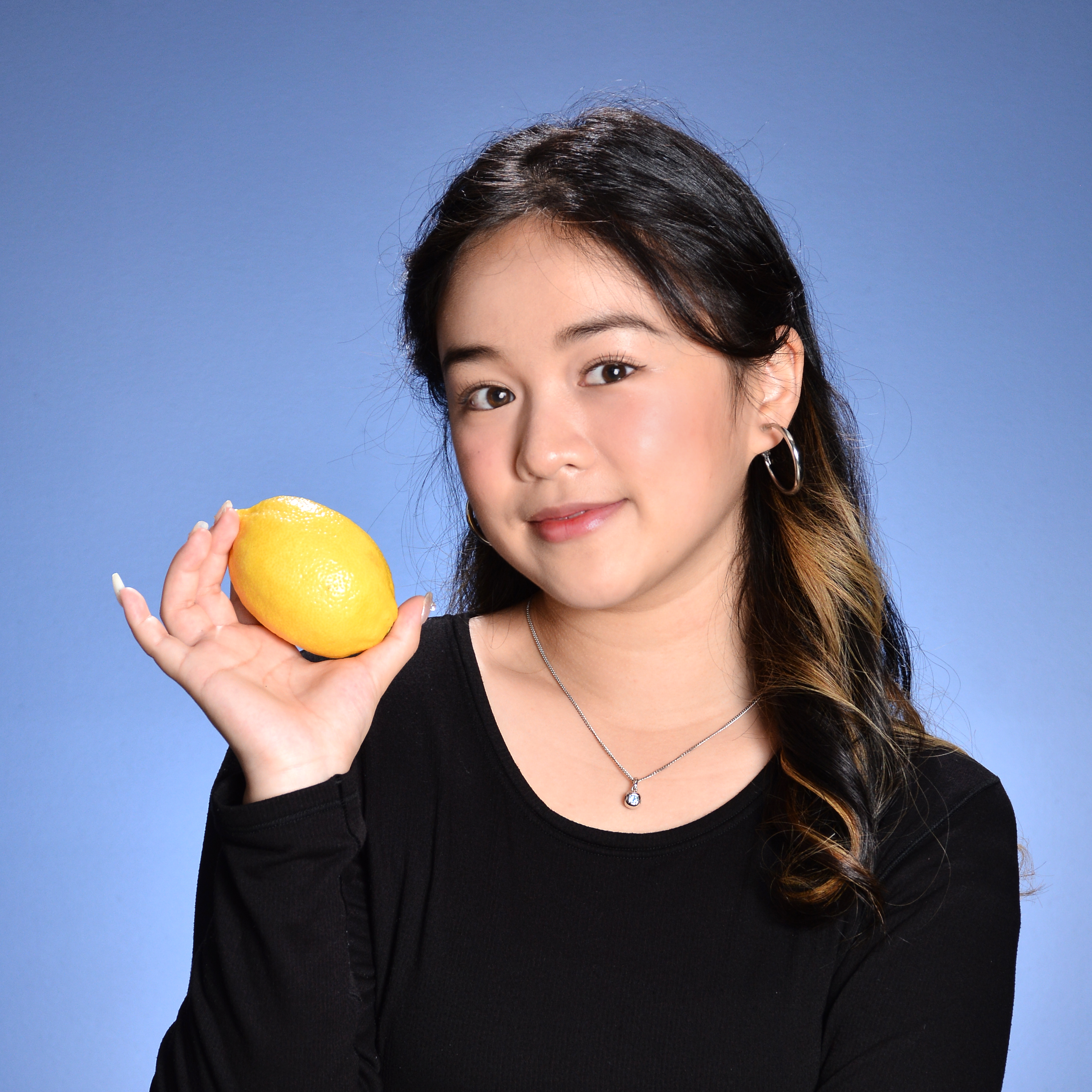Angela Geng

About
| Master's Student | |
| Degree | Master of Science in Food Science |
| Undergraduate Degree | Bachelor of Science in Nutritional Sciences |
| Hometown | Nanjing, China |
Angela’s love for human health and nutrition and her interest in food processing allowed her to make the transition from Nutritional Sciences during her undergraduate studies to pursuing a master's degree in Food Science. During her time at UBC, she built a strong community of friends through her time in LFS|US and her volunteer work with UBC Athletics. Through her undergraduate degree, she conducted research on various topics from the influence of FABP4 —a protein—on the development of atherosclerosis to the analysis and creation of microgels and she is excited to see what her future holds for her in Food Science research.
Angela can't wait to meet prospective students in her role as an LFS International Outreach Coordinator - find out how to connect with Angela and her outreach team here.
What are three adjectives that describe you?
Creative, Enthusiastic, and Spontaneous
What advice would you give to a high school student considering your program?
When I was in high school, I was set on pursuing higher education in Biology, so my initial plan was to apply to the Faculty of Science. I wanted to study Biology because I was fascinated by human physiology and loved doing experiments. However, university is full of diverse and intersecting disciplines, often referred to as interdisciplinary majors. Some majors may not be what you initially expect, so it's important to keep an open mind. I'm really grateful to the Advisor who recommended the Faculty of Land and Food Systems to me. It made me realize that my true interest lay in Food and Nutritional Sciences rather than just Biology. I recommend looking into the course plans for each major to see if the content excites you. Attending webinars and seminars can also provide valuable insights from current students and professionals in the field, helping you determine if it's the right fit for you. Finally, remember that it's never too late to add a minor or even switch majors if you discover a new passion, just like I did!
If you could give your first-year self one piece of advice, what would it be?
Reach out to people and network! While networking isn’t always a priority for science students, it’s a great way to learn about the world. I know how frustrating it can be when your major doesn’t meet your expectations, or when you struggle to find a good internship and don’t know how to plan your future after graduation. I went through all of that, and connecting with people and listening to their stories really helped me get through it. That’s why I chose to work with LFS Student Services. I want to help other students overcome those struggles. By talking with our Academic Advisors, attending networking events, and joining the LFS Mentorship Program, you’ll meet a lot of amazing people who are willing to lend a helping hand!
How did you first become interested in Food Science?
I have my Bachelor's degree in Nutritional Sciences from UBC, but my interest shifted to Food Science in my third year after taking FNH 313 Food Microbiology. This course was incredibly informative about the microbiome in food processing, and it sparked my interest in analyzing food properties. Also, after taking CHEM 235, I realized how much I enjoyed doing experiments, so I decided to take more Food Science courses, and it turns out I'm actually pretty good at it! I'm about to start my graduate thesis with my supervisor Dr. Kontogiorgos soon, and I couldn't be more excited!
Can you give an overview of your research experience at UBC?
I studied Nutritional Sciences for my bachelor's degree, so most of my undergraduate research experience is related to human nutrition. UBC has a wealth of resources to help you get involved with research. Specifically, in LFS, there are courses designed to encourage student research, like FNH 451, which I took. This course is fully research-based and allows you to dive deeply into your chosen subject. For instance, my group researched how FABP4 influences the development of atherosclerosis, while other groups explored different, equally interesting topics. I also volunteered at Dr. Kontogiorgos’s food lab, where I assisted in the analyzing and making of microgels. This experience was invaluable and led to Dr. Kontogiorgos becoming my supervisor for my graduate studies!
How are you involved outside of your academics at UBC?
I really enjoy the hockey culture here, so I not only started to practice ice-skating but also joined the analytical group for the UBC Men’s Hockey team, where I do live statistic tracking. The games are incredibly exciting, and last year we even made it to the Canada West championship! Feel free to come and visit our games during the regular season or catch the Winter Classic in Term 2!
Interested in studying in the Faculty of Land and Food Systems? Learn more here!
Tagged with: 2024, Ambassador, Master of Science in Food Science